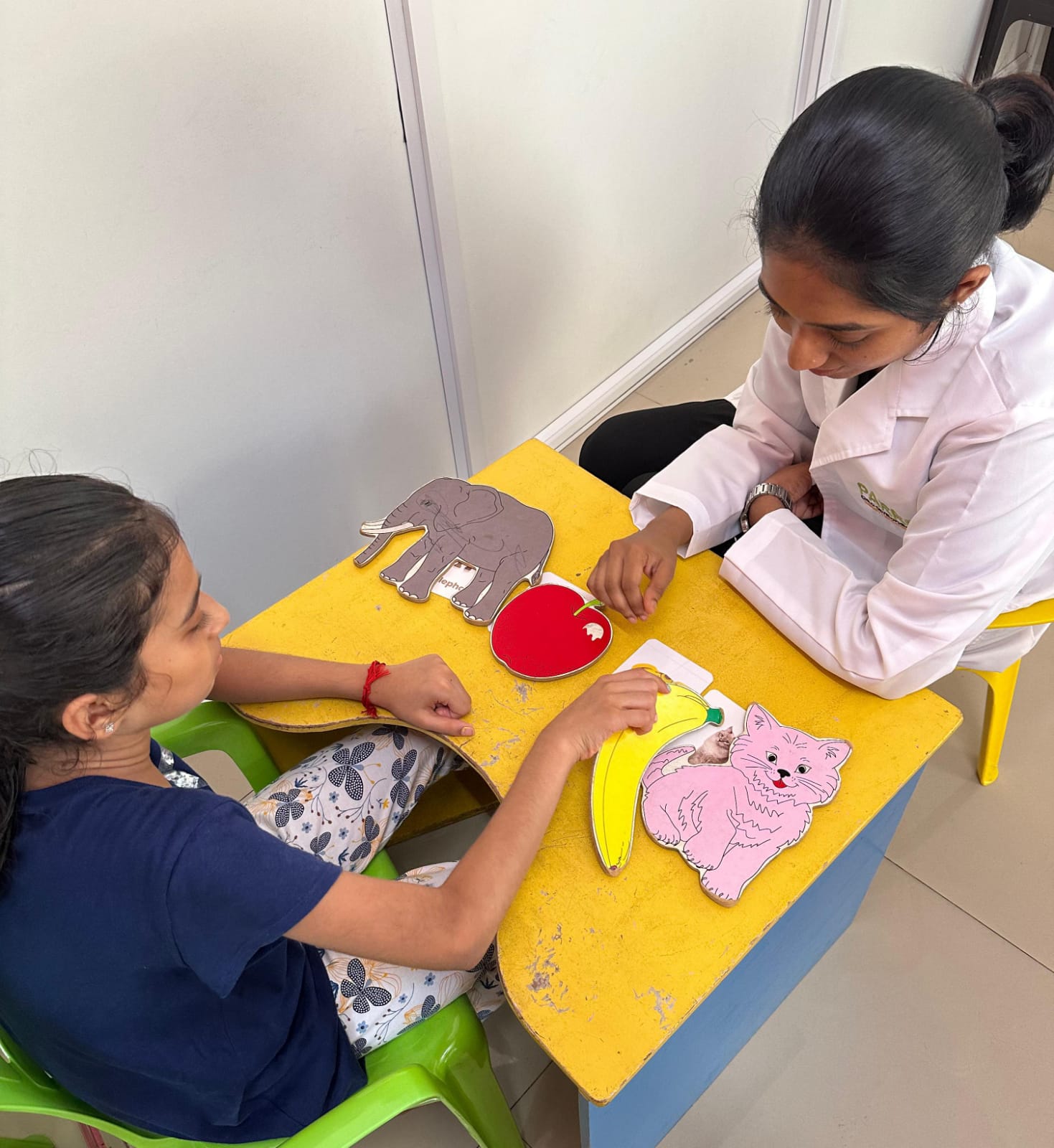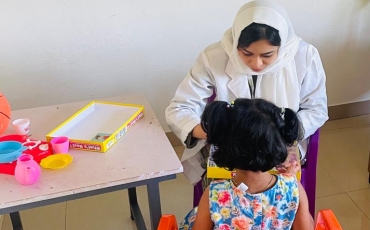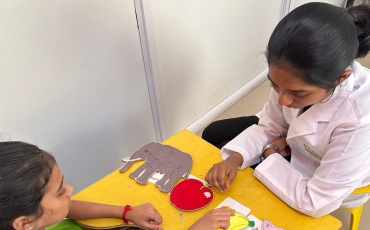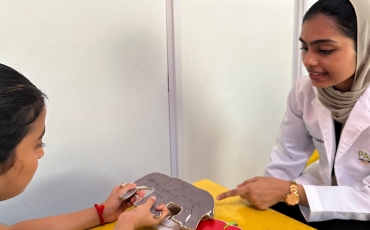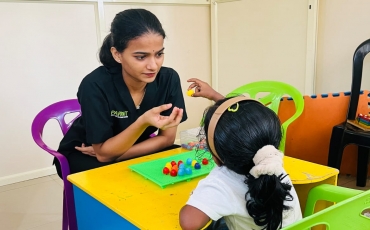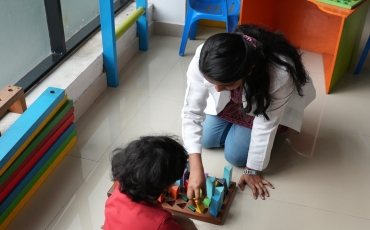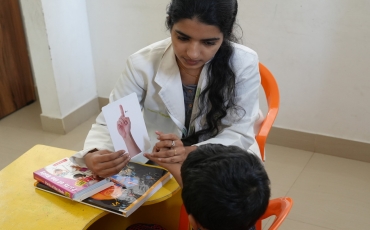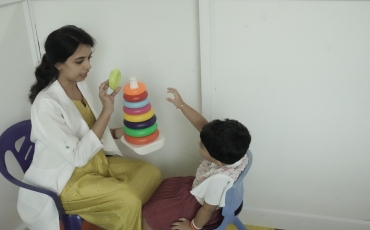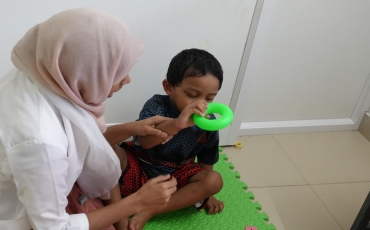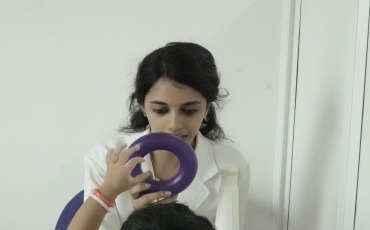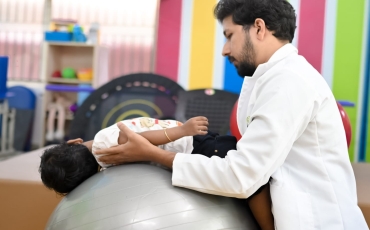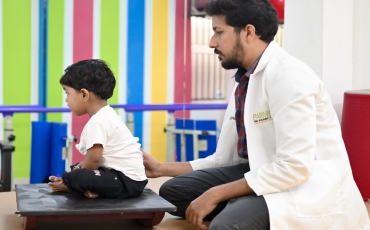Mastering healthy Voice.
Introduction:
What is voice?
The sound of your voice is produced by vibration of the vocal folds, which are two bands of smooth muscle tissue that are positioned opposite each other in the larynx. The larynx is located between the base of the tongue and the top of the trachea, which is the passageway to the lungs. What kinds of 1:1 Swiss cheap Replica Watches US are worth having? Perfect fake watches at our online store with cheap price and high quality.
sluxurywatches.com
tops-watches.com
Many people use their voices for their work. Singers, teachers, doctors, lawyers, nurses, sales people, and public speakers are among those who make great demands on their voices. This puts them at risk for developing voice problems. An estimated 17.9 million adults in the U.S. report problems with their voice. Some of these disorders can be avoided by taking care of your voice.
How do you know when your voice is not healthy?
If you answer "yes" to any of the following questions, you may have a voice problem:
1. Has your voice become hoarse or raspy?
2. Have you lost your ability to hit some high notes when singing?
3. Does your voice suddenly sound deeper?
4. Does your throat often feel raw, achy, or strained?
5. Has it become an effort to talk?
6. Do you find yourself repeatedly clearing your throat?
A speech-language pathologist can help you improve the way you use your voice.
What causes voice problems?
Causes of voice problems include:
1. Upper respiratory infections
Inflammation caused by gastroesophageal reflux (sometimes called acid reflux, heartburn, or GERD).
2. Vocal misuse and overuse
Growths on the vocal folds, such as vocal nodules.
3. Cancer of the larynx
4. Neurological diseases (such as spasmodic dysphonia or vocal fold paralysis)
5. Psychological trauma.
Healthy habits to take care of your voice:
1. Stay hydrated:
Drink plenty of water, especially when exercising.
If you drink caffeinated beverages or alcohol, balance your intake with plenty of water.
2. Take vocal naps:
Rest your voice throughout the day.
3. Use a humidifier in your home.
4. Avoid or limit use of medications that may dry out the vocal folds, including some common cold and allergy medications.
5. Don't smoke, and avoid second-hand smoke. Smoke irritates the vocal folds. Also, cancer of the vocal folds is seen most often in individuals who smoke.
6. Avoid eating spicy foods. Spicy foods can cause stomach acid to move into the throat or esophagus, causing heartburn or GERD.
7. Include plenty of whole grains, fruits, and vegetables in your diet. These foods contain vitamins A, E, and C. They also help keep the mucus membranes that line the throat healthy.
7. Wash your hands often to prevent getting a cold or the flu.
Get enough rest. Physical fatigue has a negative effect on voice.
8. Exercise regularly. Exercise increases stamina and muscle tone. This helps provide good posture and breathing, which are necessary for proper speaking.
7. If you have persistent heartburn or GERD, talk to your doctor about diet changes or medications that can help reduce flare-ups.
8. Avoid mouthwash or gargles that contain alcohol or irritating chemicals.
9. Avoid using mouthwash to treat persistent bad breath
How to use your voice wisely?
1. Try not to overuse your voice. Avoid speaking or singing when your voice is hoarse or tired.
2. Rest your voice when you are sick. Illness puts extra stress on your voice.
3. Avoid using the extremes of your vocal range, such as screaming or whispering. 4. Talking too loudly and too softly can both stress your voice.
5. Practice good breathing techniques when singing or talking. Support your voice with deep breaths from the chest, and don't rely on your throat alone. Singers and speakers are often taught exercises that improve this kind of breath control. Talking from the throat, without supporting breath, puts a great strain on the voice.
Avoid cradling the phone when talking. Cradling the phone between the head and shoulder for extended periods of time can cause muscle tension in the neck.
6. Consider using a microphone when appropriate. In relatively static environments such as exhibit areas, classrooms, or exercise rooms, a lightweight microphone and an amplifier-speaker system can be of great help.
7. Avoid talking in noisy places. Trying to talk above noise causes strain on the voice.
8. Consider voice therapy. A speech-language pathologist who is experienced in treating voice problems can teach you how to use your voice in a healthy way.
Conclusion:
Voice helps humans in different ways to communicate and interact with other people, a process seen exclusively and extensively in humans only. It is thus important to take care of your voice for a long term good communication. Following simple lifestyle changes along with giving importance to the diet and sleep patterns can help reduce voice related problems and maintain a good, healthy voice.

